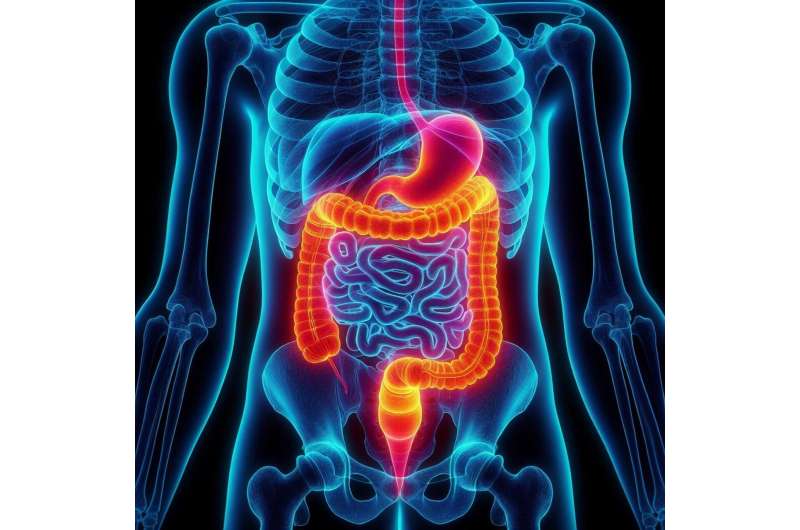Innovative Probiotic Blend Aims to Prevent Dementia

Researchers at the University of South Florida have developed a novel probiotic cocktail that holds promise for reducing the risk of dementia and Alzheimer's disease. This innovative blend consists of multiple beneficial bacterial strains that positively influence gut health, which is increasingly recognized as a critical factor in brain health.
As we age, the composition of our gut microbiome—trillions of microorganisms living in our digestive system—can become imbalanced. Such disruptions are linked to systemic inflammation and increased permeability of the gut lining, known as "leaky gut." This condition allows harmful bacteria and viruses to enter the bloodstream, triggering immune responses that can lead to neuroinflammation and neuronal damage, both of which are associated with cognitive decline and dementia.
Dr. Hariom Yadav, director of the USF Health Center for Microbiome Research, is the senior author of two recent studies demonstrating the potential of this probiotic mixture. In experiments with mice, those that received the probiotic cocktail in their drinking water over 16 weeks showed significant improvements in memory tasks, including faster navigation in water maze tests. The studies revealed that the cocktail helped reduce brain proteins involved in plaque formation, decreased brain inflammation, and maintained the integrity of the blood-brain barrier, which normally prevents harmful substances from entering the brain.
Unlike traditional treatments that target brain-specific mechanisms of Alzheimer’s, this approach aims to modify the gut microbiome to influence brain health indirectly. Dr. Yadav explained that combining multiple probiotic strains enhances their power to shift the microbiome from a harmful to a beneficial state, presenting a promising avenue for early intervention.
The research emphasizes that early modifications to gut health could delay or prevent the onset of neurodegenerative diseases. As the gut influences systemic and neuroinflammation, maintaining a balanced microbiome could be essential in managing dementia risk.
The team is working towards commercializing the probiotic formula, with plans for clinical trials to confirm its efficacy in humans. If successful, this therapy could become a simple, safe, and accessible method to help preserve cognitive function over time.
Additionally, the research sheds light on the role of gut viruses, particularly bacteriophages, which infect bacteria within the microbiome. Changes in these viruses with age may also contribute to dementia by disrupting bacterial communities, further emphasizing the complex gut-brain connection.
Overall, these studies underline the importance of diet, lifestyle, and early intervention in maintaining gut health as a means to protect brain health. With ongoing research, probiotics and modulation of the microbiome might soon become vital tools in the fight against dementia.
Stay Updated with Mia's Feed
Get the latest health & wellness insights delivered straight to your inbox.
Related Articles
Low Hepatitis B Surface Antigen Levels Indicate Very Low Liver Cancer Risk, Redefining 'Partial Cure'
New research shows that hepatitis B patients with surface antigen levels below 100 IU/mL face a negligible risk of liver cancer, potentially redefining treatment and surveillance protocols. This breakthrough can help identify a 'partial cure' and optimize care for millions worldwide.
Gut Microbes in Gastrointestinal Tumors May Help Predict Outcomes and Guide Therapy
Emerging research reveals that microbes within gastrointestinal tumors can predict patient outcomes and guide personalized treatment strategies, offering new hope in cancer prognosis and therapy optimization.
Natural Plant-Derived Compound Enhances Treatment of Aggressive Leukemia and Boosts Chemotherapy Effectiveness
A groundbreaking study reveals that forskolin, a natural compound from plants, can inhibit leukemia growth and amplify chemotherapy effects, offering hope for improved AML treatments with fewer side effects.



